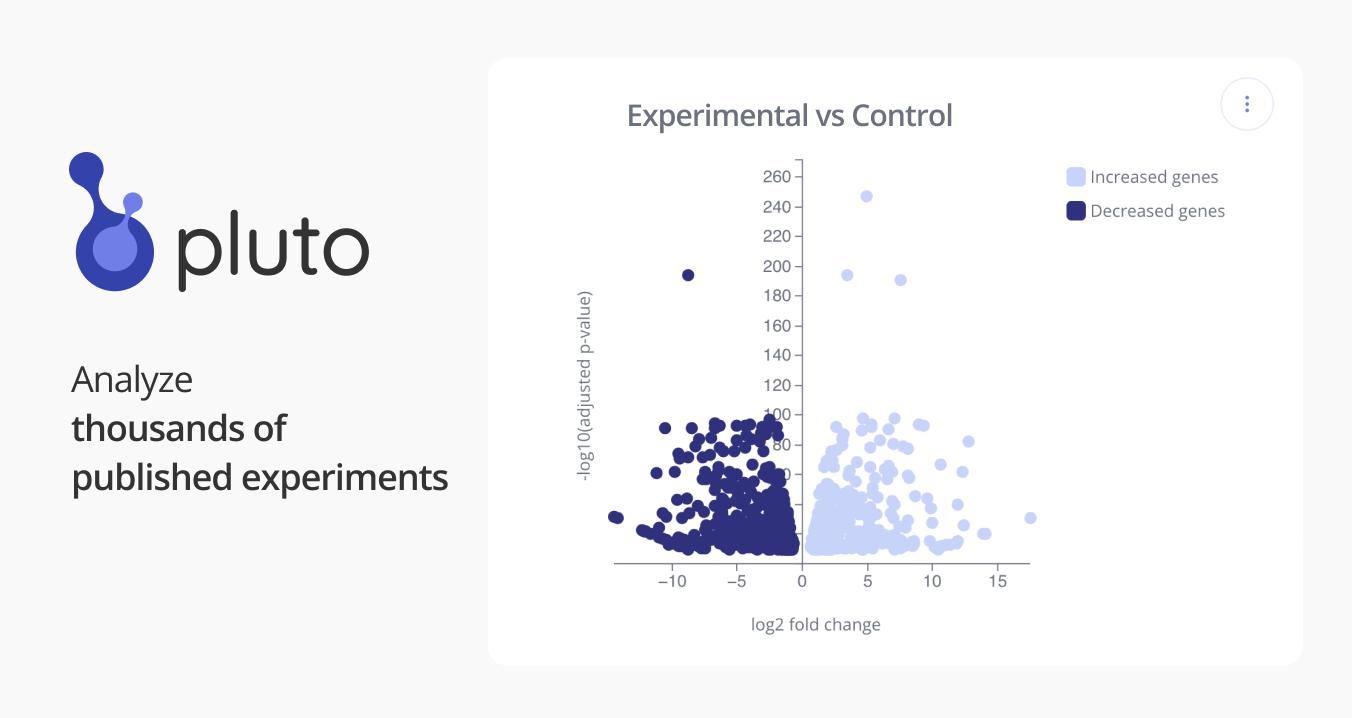Pluto Bioinformatics
GSE120080: Next Generation Sequencing Facilitates Quantitative Analysis of Ventilator-Induced Lung Injury Animal Model and Control Lung Transcriptomes
Bulk RNA sequencing
Purpose: Long non-coding RNAs (lncRNAs) have been implicated in the inflammatory response of many diseases; however, their roles in Ventilator-Induced Lung Injury remain unclear. We therefore performed transcriptome profiling of lncRNA and mRNA using RNA-sequencing in lungs collected from mice model of Ventilator-Induced Lung Injury and control groups.; Methods: Gene expression was analyzed through RNA sequencing and quantitative RT-PCR. A comprehensive bioinformatics analysis was used to characterize the expression profiles and relevant biological functions and for multiple comparisons among the controls and the injury models at different time points.; Results:The mRNA transcript profiling, co-expression network analysis, and functional analysis of altered lncRNAs indicated enrichment in the regulation of immune system/inflammation processes, response to stress, and inflammatory pathways.; Conclusions: In summary, our study identified aberrant lncRNA alterations regulated by high-stretch ventilation, and bioinformatics analysis was used to screen the key biological processes and pathways involved in inflammation upon VILI. lncRNA-mediated regulatory patterns might contribute to VILI inflammation. SOURCE: Nan Zhang (nannanzhangjd@163.com) - Center for Respiratory Diseases, China-Japan Friendship Hospital, Beijing, China.
